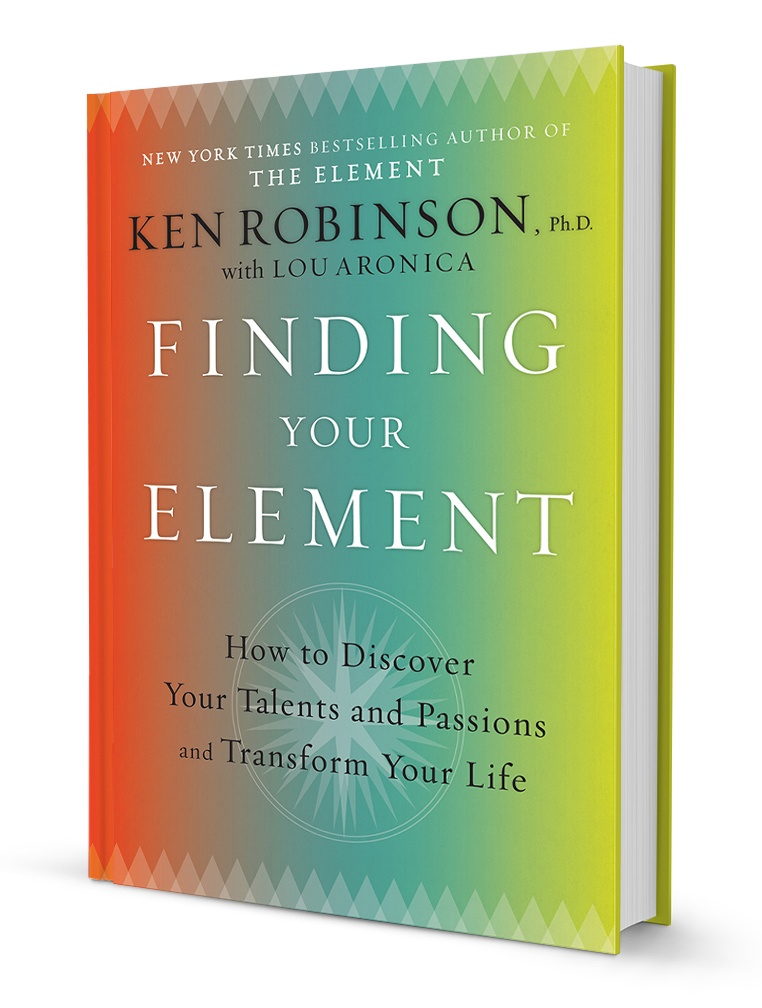Coaching Session 25
Podcast: Play in new window | Download (Duration: 13:17 — 12.6MB)
Today’s audio is 13:17 minutes long.

We’ve spent a considerable time focused on point-of-view, perspective and other areas of mental gymnastics. And for good reason, much of what ails us is inside our own head. Quite a lot of it is the result of our past, too.
When I was in college an economics professor offered us a tease in order to get us to attend the next class session. He told us, “Next time I’m going to tell you how every single one of you can become a millionaire.” I had no idea economics professors were so adept at persuasion, but as you might imagine the class was full. I think some students may have even crashed the class that day.
Perched on the edge of our seats we anxiously waited to hear him tell us how we could all become millionaires. Of course, he did what any good marketer would do who uses a good tease tactic. He waited until the end of class. I can’t tell you much about the lecture that day other than the answer to the question on everybody’s mind, “How can I become a millionaire?” Well, that’s not entirely true. I can remember him talking about the people who had come to America from Vietnam.
The war in Vietnam had just ended and “boat people” were descending on our shores to escape their war torn country. Most arrived here with nothing more than the clothes on their back and a language nobody could understand. They weren’t the first, or last, immigrants to arrive with seemingly insurmountable odds against finding success here. Yet, as our professor pointed out, not only did many of them find success…some found tremendous wealth through diligence, hard work and enormous sacrifice.
“You know why immigrants can come to America and find success – even when they lack resources and have no apparent advantages?” he asked.
“Because they view our country as the land of opportunity. They don’t know how hard it is to make a million dollars. You do. You’ve been conditioned to understand how hard it is,” he answered his own question.
“And for them, it’s a fresh start. They’ve left everything behind. Everything.”
He was right. Even the morons in our class – and those who crashed it – knew he was onto something. Something we’d never heard before. But it made perfect sense to us. We did indeed know how tough it was to make a million bucks. Shoot, most of us knew how tough it was to just have spending money. We were living on peanut butter and scrounging around like a bunch of crazed dumpster divers. Some homeless people today dress better than we did…and we had choices with our wardrobe. Scraggly scoundrels. The whole lot of us. Yes, indeed. Making a million bucks seemed downright impossible. But we knew somebody had done it. And we knew others were doing it. We had read about such people. None of us knew them personally, of course.
I kept dwelling on that past comment though. The professor was onto something major I thought. Through the years, I’ve thought more and more about it and I know he was right. Our past does impact our present…and our future. Those boat people from Vietnam, and many other immigrants, come to America and they start completely over. COMPLETELY. They forsake everything else in pursuit of something better.
Your Past May Be Killing You
Years passed since I sat in that economics class. Fast forward a few years – maybe 7 – and I found myself in my first General Manager’s job running a multi-million subsidiary of a bigger outfit. The CFO was a man from Vietnam. A boat person who arrived to our country with very little, other than his family. He had been an officer in the South Vietnamese army (for those of you too young to remember, South Vietnam were the “good guys,” the non-Communists). Here he was handling the financial matters for the parent company of the company I was running. He was diligent, detail-oriented and more cost conscious than any human I knew. Except for his wife, who was the Accounting Manager. Pennies screamed for mercy in her presence.
The company operated a chain of retail record stores. My division was a small chain of consumer electronics stores, that also handled music/video software. One of the stores had been chirping at me for a new vacuum cleaner. My stores had carpet and I was picky about cleanliness and even had created a SOP (standard operating procedure) for how I wanted the carpet to be vacuumed so the fibers of the carpet would all go in a certain direction, consistent throughout the store. Tiring of my ongoing complaints about their carpet not looking as good as I thought it should, the store laid blame squarely on Hoover.
Turns out they had already spent over $100 in repair bills. So I called this wiry cheapskate of an accounting manager to inform her I needed a new vacuum cleaner for this store. I’ve negotiated multi-million dollar deals with less headache. She got louder. I got louder. She’s the only person on the planet I’ve ever encountered where zigging when she zagged did NOT work. That is, usually if somebody gets louder it’s effective to get softer. Just counter punch them. Not her. You couldn’t effectively counter punch this woman. The only reason I got my way is I told her the cost of the vacuum cleaner was only $150 and we’d already spent $100 to repair such a vacuum. It just didn’t make money sense to keep pouring money into it. She got me a new vacuum, but I had to work harder for that $150 vacuum than just about anything in my life.
She and her husband (and other family members) escaped Vietnam without understanding our language, our currency of how our economy works. Their past was behind them. Way behind them. They left everything they had known to come here. A disadvantage? I used to think so, but now…I’m not sure. I rather think that being able to let go of all their past, save their relatives…they had an enormous advantage.
They took menial jobs because they had no pride to prevent them. No ego to get in their way.
They worked hard because they had no other options.
They learned the language and everything else about our culture because it was their only route to success.
They did the work. And lots of it.
They skimped and saved. Every penny was on trial for its life. They could save more money working for minimum wage than most Americans could earning $50,000 a year.
They moved 10 family members into a single house, willing to dig in together when the average American family was unwilling to live where two kids had to share a room.
Austerity was their way for life for as long as it took in order to get ahead. Americans wanted luxury, and we wanted it right now! They were patient.
On and on it went, my observations of how powerful it was to escape the past. But it wasn’t all lost. The past.
Whatever skills they had – whether it was an army officer or accountant – they brought with them. Along with their tenacity and dedication. They brought with them the things that were helpful, but it was as though whatever pain, suffering or baggage of their past was left back in Vietnam. I’m not saying they forgot those things – those horrid memories of war ravaging their homeland – but they worked as though this was a new day. Completely new. Because it was.
Have you EVER experienced that? Me neither. But can you imagine it? Really imagine being free from your NEGATIVE past?
What if you could mentally develop the power to cling to your strengths and positive experiences of the past, but rid yourself completely of the negative things? What if your ego didn’t prevent you from taking a chance or doing something seemingly beneath your perceived lot in life? What if you could see life brand new because it was? What if all the language around you was foreign and unknown…and you had to figure out what people were saying? What if you had no idea about the currency, or the customs — you had to learn it all from scratch? As an adult?
You’d have some advantages just as they had. Your biases wouldn’t exist because you wouldn’t know enough to be biased.
Your arrogance would subside because you’re a nobody with the opportunity to make yourself into somebody — somebody you really want to become.
Pride wouldn’t prevent you from doing anything. No worries about what your friends might think. You’ve got a life to build, you can be bothered with such nonsense.
Can you imagine the power of that in your life?
No, you can’t erase your past, but you can do a better job of managing the downsides of your past. You can ditch some of the baggage of the past. If you choose to. I’m urging you to choose to.
There are many monikers about the past that have powerful messages.
“When your past calls, don’t answer. It has nothing new to say.”
“Don’t let the sadness of your past and fear of the your future ruin the happiness of your present.”
“Let your past make you a better person, not a bitter one.”
“You are not your past.”
“You can’t master your future if you’re still a slave to your past.”
On and on they go. Lots of ditties about the past and how too often we’re subjected to its powerful influence.
What does this have to do with your higher human performance? Probably everything. Probably way too many things to even point in out in an online coaching session, or even an entire online coaching course. But if knowledge is power, and I think it is, then knowing that your past may be seriously hurting your present and future is a powerful truth.
What are you going to do about it? Only YOU can answer that. YOU likely know how much damage your past has done, and is still doing. Only YOU can decide it’s time to move on. Only YOU can decide that things may not always be as you think they are.
You’ve likely seen images like this before. It appears to be moving, but it’s not. It’s just an image. It’s not a video. But you might swear it’s moving because it seems to be moving.

Your past can deceive you just like that. You can be convinced that something is true, even though it may not be. And your actions and behaviors can be adversely impacted by it, too.
It may not ALL be in our heads, but an awful lot of our problems seem to find a cozy home there. It’s time to break out the eviction notices and clear up some space because your future is going to need more room than you may currently have available.
Oh, you still want to know what the economics professor told us about becoming a millionaire? It was rather simple.
- When you get out college get a job. Any job really. It doesn’t matter how much you make, you can still become a millionaire.
- Don’t get married.
- Move into a cheap apartment, mobile home or anything else you can find.
- Don’t buy anything on credit.
- Save at least half of your income.
- Work for 45 years with this plan.
- By the time you’re 65 you’ll have a million dollars.
Yes, we were disappointed in that plan, too. Who wants to have a million dollars and no family, no life, no nothing. Just a million dollars. Precisely his point I think.
Coaching Session 25 Read More »









 These are my people.
These are my people.









